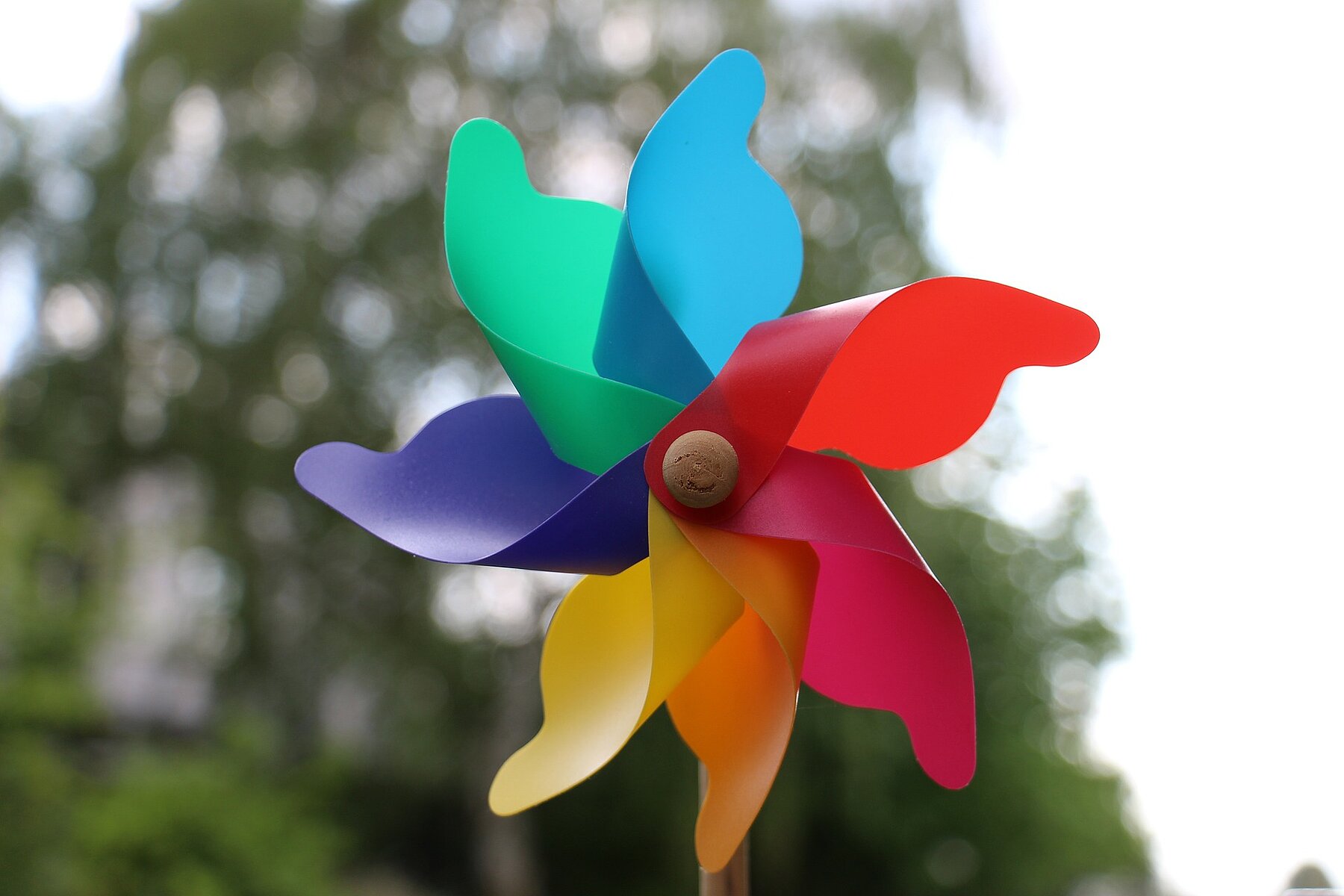

The EU is seeing an increasing number of small-scale decentralized energy installations developed by citizens individually or collectively and linked to the concept of ‘energy prosumer’. Prosumers are entities such as households, cooperatives or local enterprises that are both producers and consumers of energy.
In the absence of a harmonized definition and regulatory framework for residential prosumers, EU states use different approaches for promoting prosumer uptake of renewables. In addition to net-metering, many countries use feed-in tariffs, such as Germany. In France, for instance, feed-in tariffs are coupled with premium payments and VAT reductions (GfK Belgium consortium 2017). The revised legislation adopted in 2019 on the basis of the “Clean Energy for all Europeans” legislative package introduces a framework in this sense. It aims to put citizens at the heart of the energy transition by introducing enhanced rights for consumers: the new rules make it easier for citizens (prosumers) to produce, store and sell their own energy, strengthen consumer rights and provide choice flexibility.
Energy cooperatives are particularly advanced in the Upper Rhine Region. In Baden-Württemberg, Germany, for instance there are 150 of them, representing more than 37,500 individual members and an annual turnover of 332 million euros. Although most energy cooperatives are focused on solar power generation, there are also more and more cooperatives implementing further projects including services such as district heating, electricity grid operation, street lighting, e-mobility, charging infrastructure, car sharing and energy consulting. For instance, an important part of Baden-Württemberg's local heating networks is operated as registered cooperatives and their number is growing.
In France, energy cooperatives in the Upper Rhine are mainly represented by the “Energies Partagées en Alsace” Cooperative and the Village Power Plants. The “Energies Partagées in Alsace” Cooperative gives citizens the opportunity to pool resources to finance in particular joint solar installation projects. So far, it has over 60 members, 677 kWc in installed capacity and 125000€ in pooled resources. Local initiatives of Village Power Plants in the Grand Est Region, which goes beyond the Upper Rhine, have 266 kWc in installed capacity and 206 shareholders. These initiatives are growing steadily, with new members and new innovative renewable energy production projects.
Sources:
GfK Belgium consortium (2017). Study on “Residential Prosumers in the European Energy Union” JUST/2015/CONS/FW/C006/0127. Available at: https://ec.europa.eu/commission/sites/beta-political/files/study-residential-prosumers-energy-union_en.pdf
Baden-Württembergischen Genossenschaftsverband e.V. https://www.wir-leben-genossenschaft.de/de/energiegenossenschaften-45.htm
Énergies Partagées en Alsace http://www.energies-partagees-alsace.coop/
L'Association des Centrales Villageoises http://www.centralesvillageoises.fr/
